What does Ophelia get up to during Hamlet when she’s not on stage?
If you’ve ever wondered about that (and I have to admit I hadn’t) then Ophelias Zimmer is the play with all the answers, or mainly one big answer: Not much.
 I’m not going to try and hide the fact that I found Katie Mitchell’s production incredibly boring, but I didn’t dislike it and I suspect that boredom is exactly what she wanted to convey in showing us the young girl’s very dull existence.
I’m not going to try and hide the fact that I found Katie Mitchell’s production incredibly boring, but I didn’t dislike it and I suspect that boredom is exactly what she wanted to convey in showing us the young girl’s very dull existence.
Ophelias Zimmer, which translates as Ophelia’s Room, is an alternative take on Hamlet, created in association with Berlin’s Schaubühne with text by Alice Birch and essential design by Chloe Lamford. The all-British team brings their German show (in German with English surtitles) to the Royal Court and it’s a very good fit.
Jenny König plays Ophelia, daughter to Polonius, the Lord Chamberlain to the King of Denmark. She is an obedient daughter to her father, and is guided by the memory of her dead mother, whose voice we hear over the speakers, giving her advice on how to protect herself from the influence/violence/treachery of men. A very interesting addition.
She also happens to be the Prince of Denmark’s love interest. Her days revolve around a basic routine: flowers from Hamlet, a morning walk on the Elsinore grounds, a catch up with her dad, a little bit of reading, a letter from the Prince — represented here by cassette tapes of Hamlet’s voice, which vary from overly romantic to slightly obscene and eventually to pure outbursts of rage (a whole cassette of “fick dich”s is really quite hilarious as a come back from a rejected lover!) etcetera. Nothing changes at all, until the day of the royal wedding of Gertrude and Claudius (Hamlet’s widowed mother and his uncle). Ophelia isn’t even invited to the wedding – I’ve never noticed, and I’m sure most productions include her in the wedding reception anyway, but she isn’t amongst the guests in the stage directions, how rude! – but her routine quickly changes after that. Suddenly there are no flowers, no letters, Hamlet is clearly distracted.
If you don’t happen to know Shakespeare’s tragedy inside-out, you will miss out on a lot of references unfortunately. Everything that happens in Ophelia’s room makes sense of something that has happened or is about to happen in Hamlet, and some of the connections are very satisfying. I’ve always been confused by how Ophelia suddenly claims that the Prince’s madness must be connected to his love for her, but here we are shown exactly where she gets that idea from, as a manic Hamlet (the excellent Renato Schuch) visits her room armed with a portable LP player and some very intense dance moves. You can’t blame the girl for running off to her father Polonius after that.
Things quickly turn very dark after Hamlet kills her father, as you’d expect, and Ophelia’s descent into madness is not altogether natural but very much aided by a creepy doctor, which made the whole thing far more believable.
The ending is sad and wonderfully staged, with Lamford’s simple set undergoing an impressive transformation that brings together the romanticised death of Ophelia as Gertrude tells it in Hamlet and the grim reality of a young girl’s desperate taking of her own life.
The tag line for the show is ‘A new work exploring Ophelia, freed from Hamlet’; she may have been freed from Hamlet the play, but she appears more trapped than ever.
Ophelias Zimmer is on at the Royal Court until Saturday 21st May 2016.
TIP: The best value for money tickets at the Royal Court are up in the Balcony. It’s only a small theatre and if you get seats bang in the middle of rows B or C the view is brilliant and they’re always under £20. If you’re lucky enough to be under 26 then you can get cheap tickets all over the theatre.



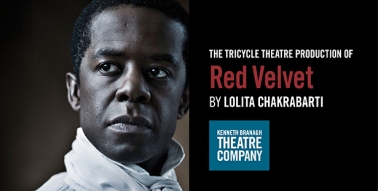 Aldridge both towards the end of his life, and at the beginning of his European career, when in 1833 he is asked by visionary theatre manager Pierre Laporte (an excellent French-accented Emun Elliott) to replace the most celebrated actor in London, playing the title role in Shakespeare’s Othello.
Aldridge both towards the end of his life, and at the beginning of his European career, when in 1833 he is asked by visionary theatre manager Pierre Laporte (an excellent French-accented Emun Elliott) to replace the most celebrated actor in London, playing the title role in Shakespeare’s Othello.
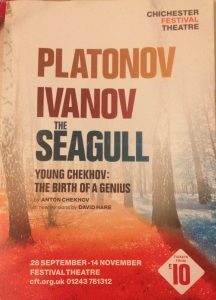
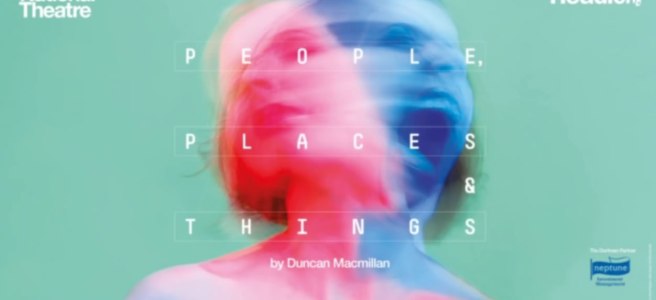




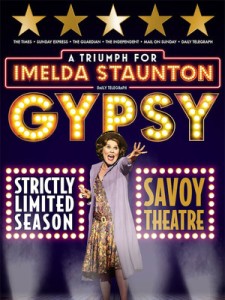
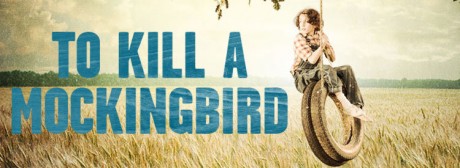
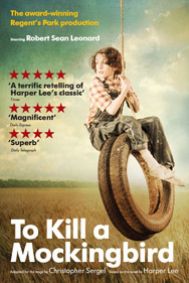
You must be logged in to post a comment.